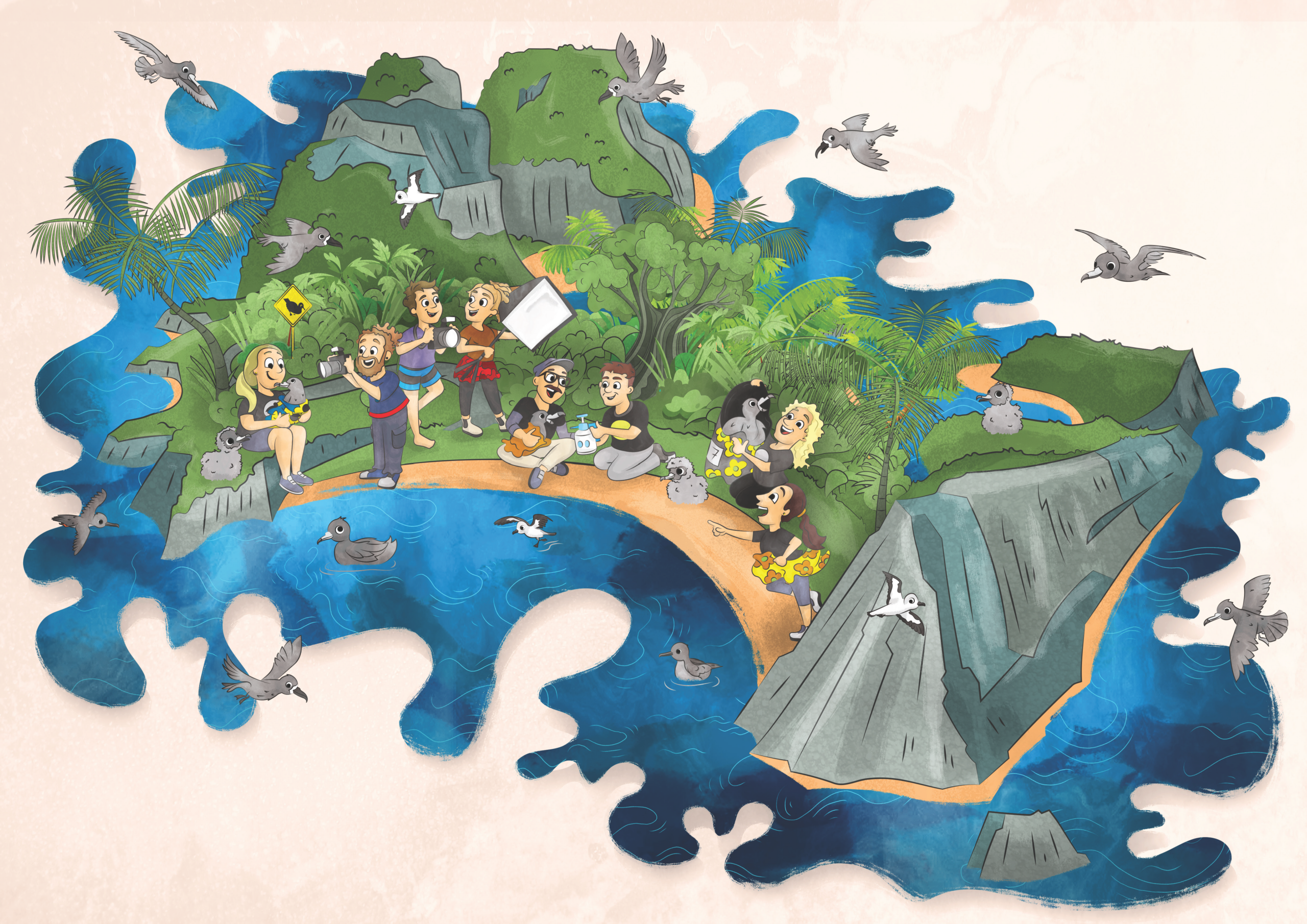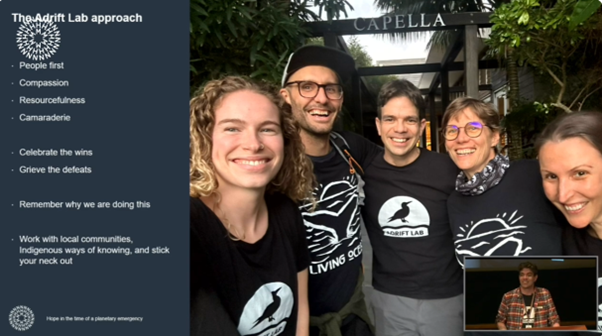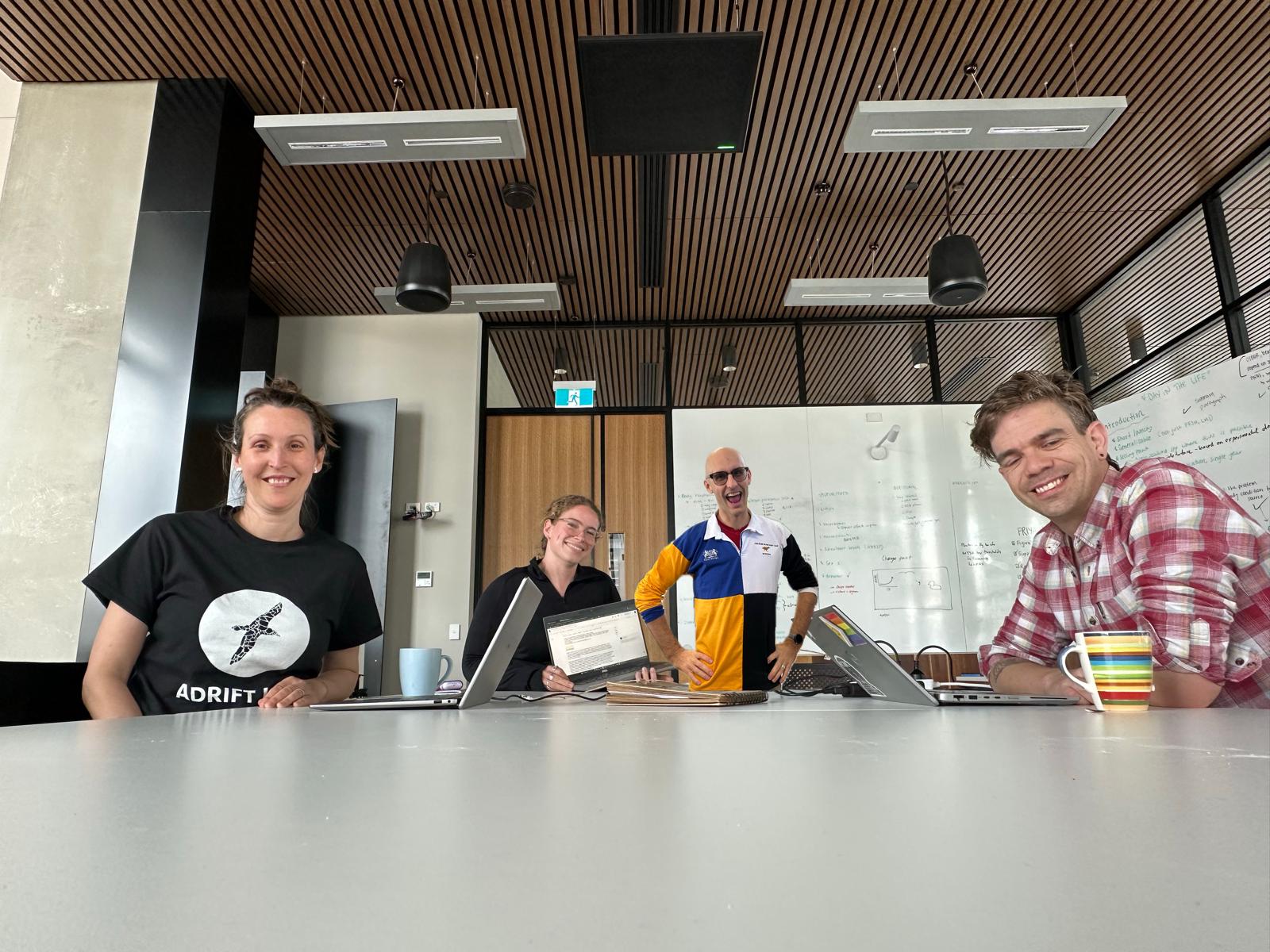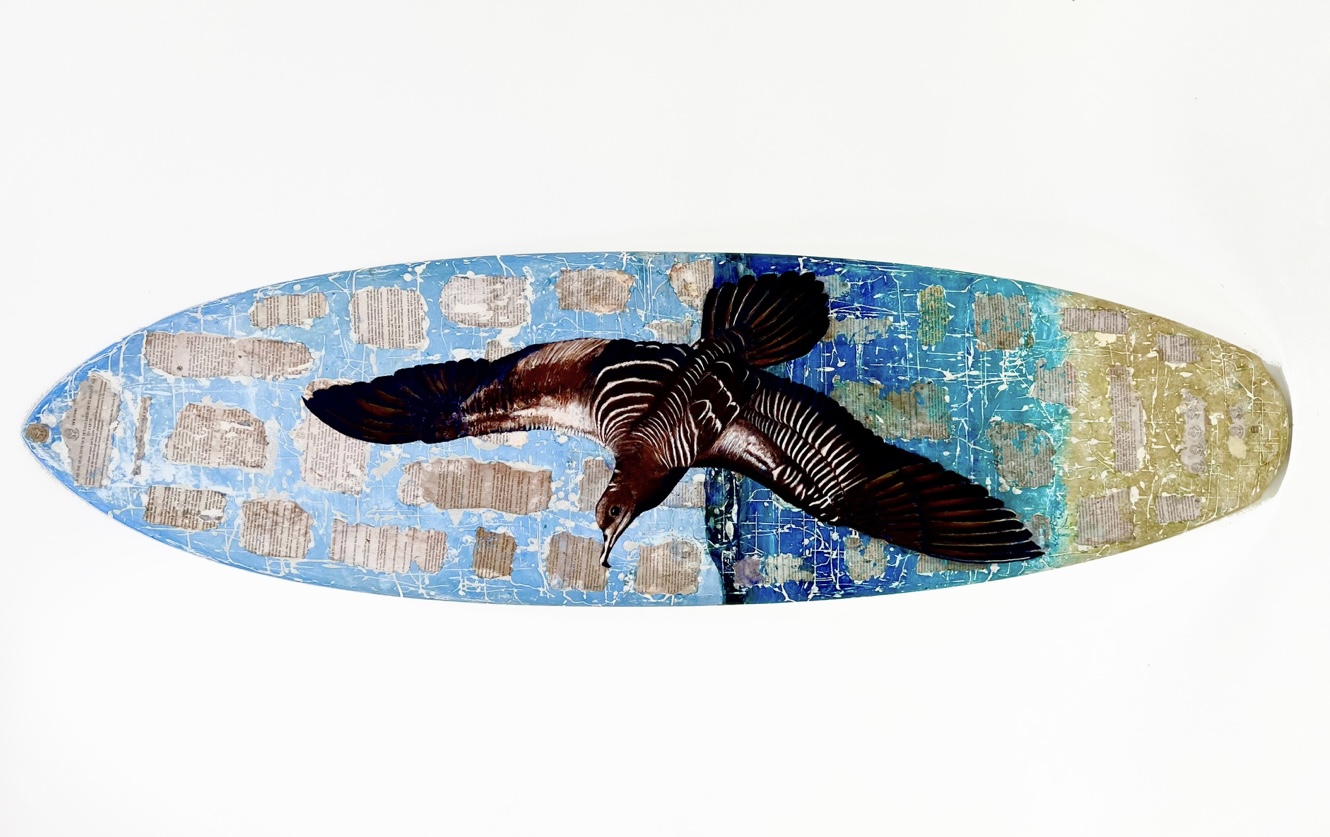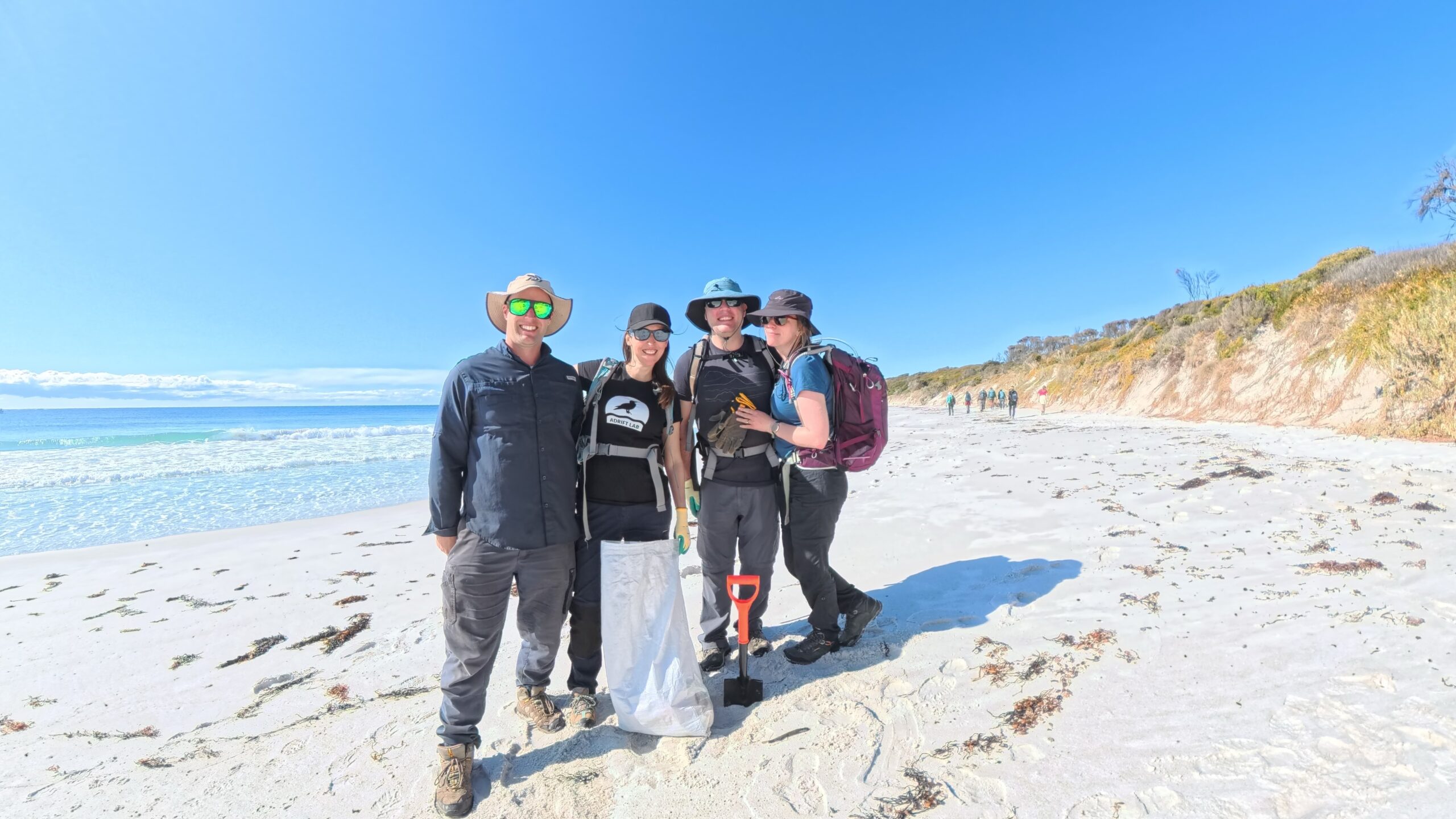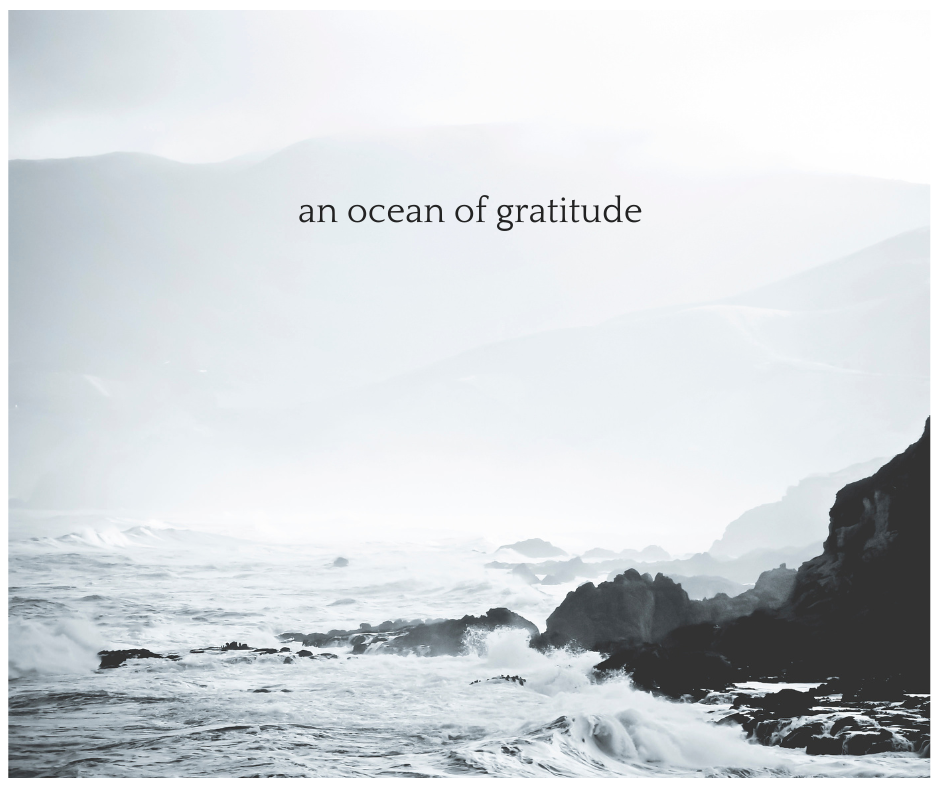Disposable Progress: Adrift Lab’s new art-science exhibition with 52 Actions
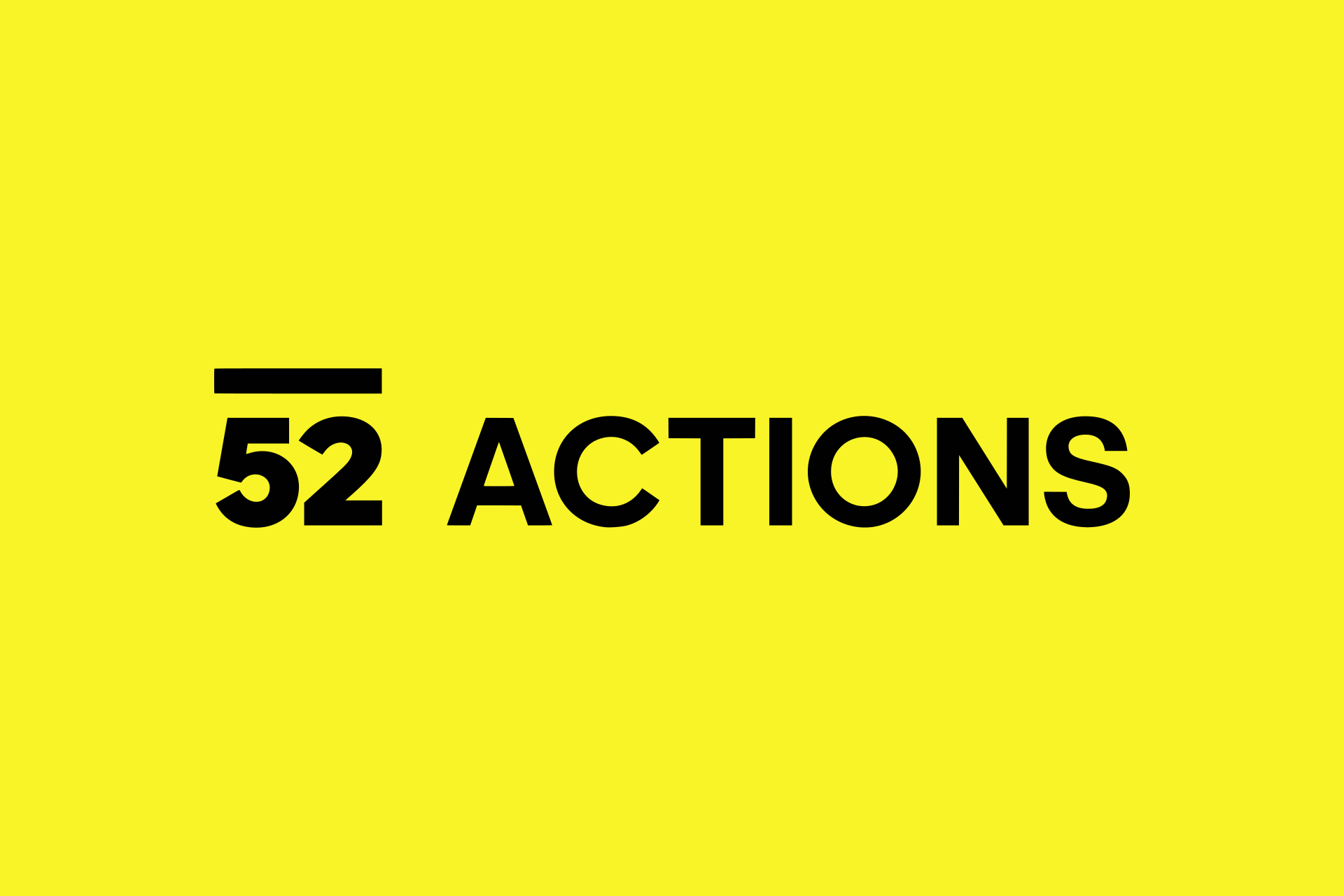
Over the past few months, the Adrift Lab team has been collaborating with Artspace in Sydney to produce our exhibition DISPOSABLE PROGRESS for 52 ARTISTS 52 ACTIONS, an online commissioning platform supporting artists living and working in Australia. In this moment when cultural experiences are taking place at a physical distance, 52 ACTIONS offers an important and timely space for artists and audiences to continue sharing and connecting with one another.
So, what does our exhibition look like? Well, each week for a year a different participant will present a new commission on the Artspace website and across their digital platforms (e.g., Instagram). For example, see this thought-provoking contribution on environmental conflict and colonisation by Brook Andrew, one of our project partners. Starting today – Monday May 17 – Adrift Lab will feature for one week. Each day, one action (written and presented by Lillian, Jennifer, Megan, Jack, and Alex) will present a visual diary describing our increasing reliance on plastic, and how science has been interwoven in this over the past century.
Through documents, images, and text, our exhibition will highlight the initial excitement surrounding the creation of the first plastics (e.g., Bakelite) which ushered in an era of science, innovation, and discovery. Within a matter of decades, plastics had become inexpensive and ubiquitous in our daily lives, transforming society into one that focused on throw-away living and increased convenience. Scientists quickly return to this conversation as they begin to document plastic items in our oceans and wildlife. Facing the realities and legacy of this pollutant is an important part of what Adrift Lab does and this action, DISPOSABLE PROGRESS, is a valuable tool for all of us to reflect on.
“The Adrift Lab team are thrilled to be invited to participate in 52 Actions! Collaborating with Artspace to create our exhibition was a seamless and rewarding process, providing an important opportunity to highlight the remarkable science communication skills of our early-career researchers.”
— Dr Jennifer Lavers
Subscribe for updates
Keep up to date with what we’re working on! We’ll send you emails about the lists you opt in to, and you can unsubscribe at any time.
